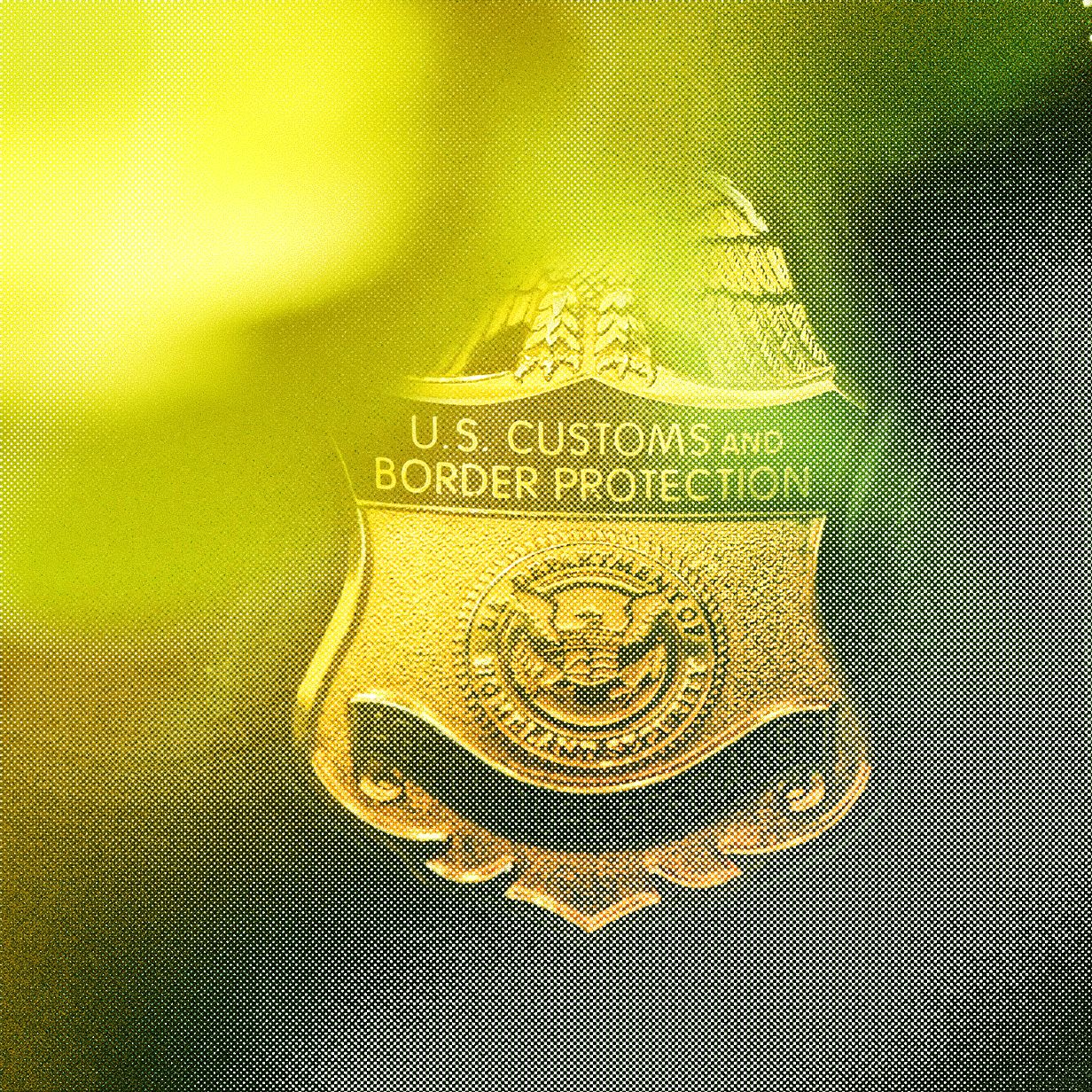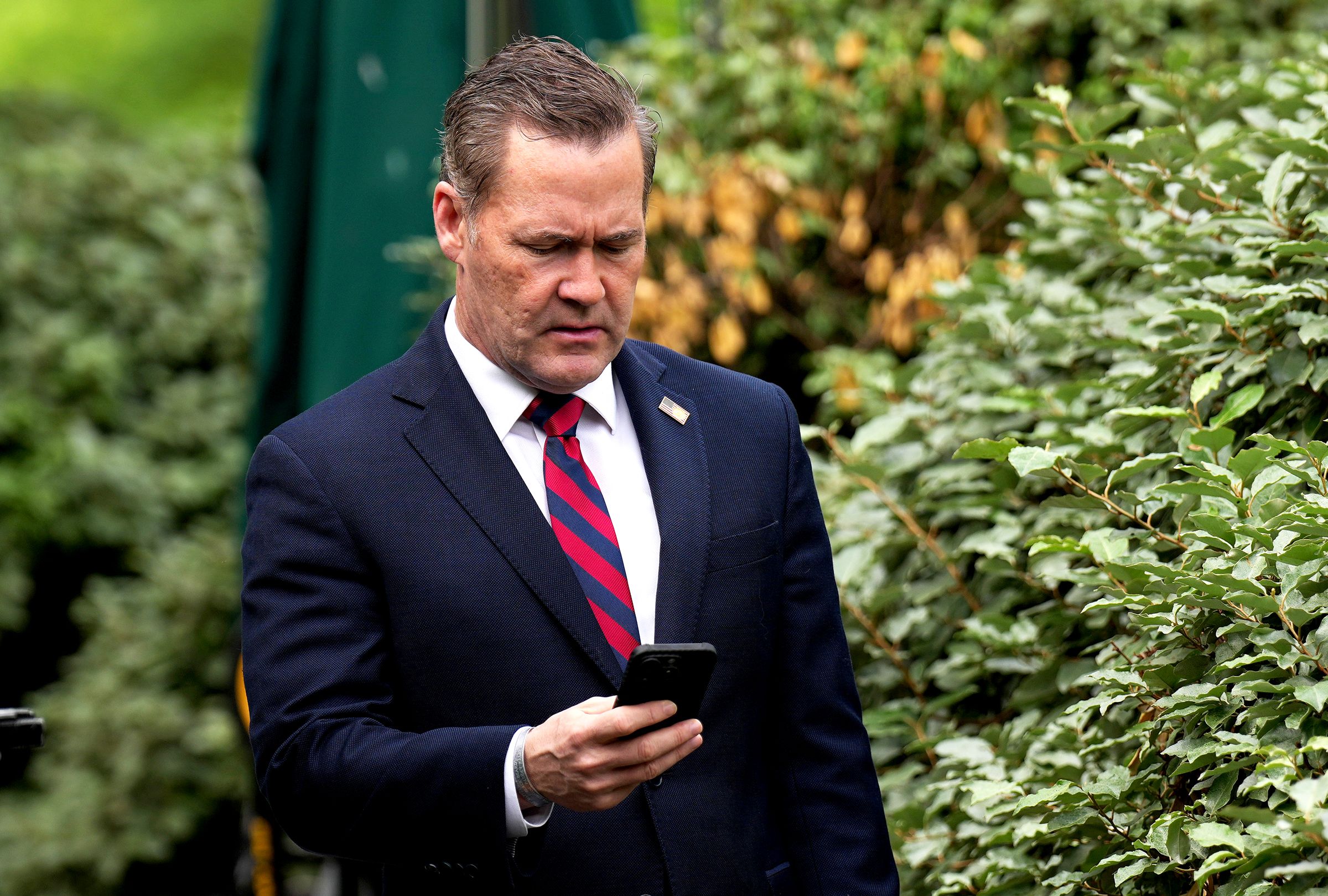Protecting Your Phone—and Your Privacy—at the US Border
Travelling across borders can be a stressful experience, especially when it comes to protecting your personal information and privacy. In recent years, there has been a growing concern about the ability of border officials to search phones and other electronic devices without a warrant. This has raised questions about the extent of their authority and how individuals can protect their data.
One of the first steps you can take to protect your phone and privacy at the US border is to enable strong encryption on your device. This can help prevent unauthorized access to your data in case your phone is seized for inspection. It is also recommended to use a strong password or biometric authentication to unlock your device, rather than relying on easily guessable patterns or PIN codes.
Another important measure is to regularly back up your data to a secure cloud storage service or an external hard drive. This way, even if your phone is confiscated or compromised during a border inspection, you can still access your important information from another device. It is also a good idea to delete any sensitive or unnecessary data from your phone before travelling.
When crossing the US border, it is crucial to be aware of your rights and responsibilities as a traveller. While border officials have broad powers to search and seize electronic devices, they are still required to have a valid reason for doing so. It is important to ask for clarification if you are unsure about the purpose of the inspection or the information being requested.
If you feel that your privacy rights have been violated during a border inspection, you can file a complaint with the Department of Homeland Security Office for Civil Rights and Civil Liberties. It is also advisable to seek legal counsel if you believe that your data has been unlawfully accessed or retained by border officials.
Overall, protecting your phone and privacy at the US border requires a combination of technical measures, awareness of your rights, and proactive steps to safeguard your data. By taking these precautions, you can help ensure that your personal information remains secure and your privacy is respected during international travel.

